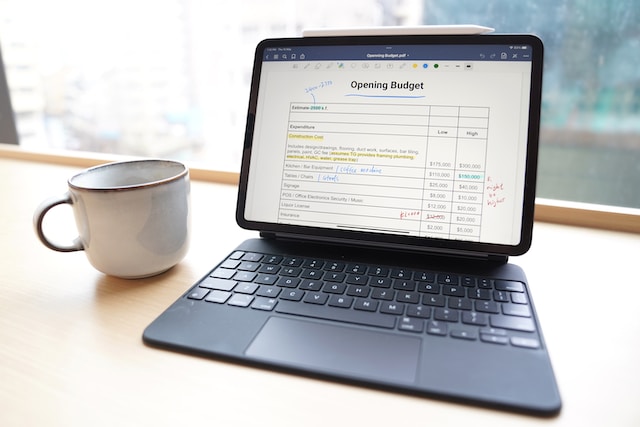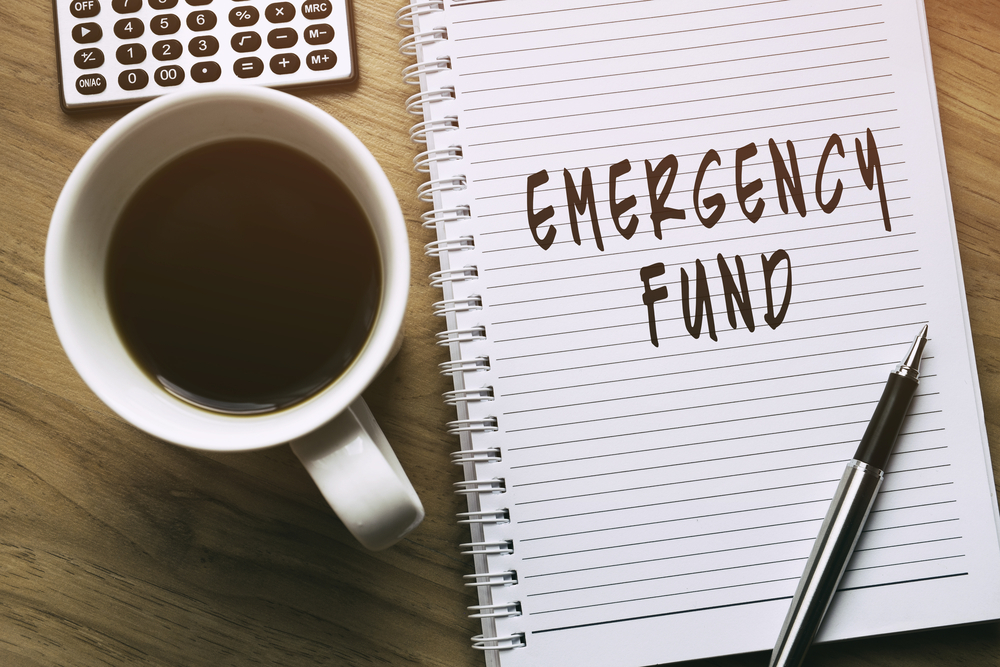Financial responsibility refers to the practice of handling money and other assets in a way that is in your (as the owner of the assets) or your family’s best interest. Being financially responsible entails a certain level of proficiency in seeing beyond current wants to meet future needs.
However, it takes time and practice to develop this mindset that distinguishes wants from needs. With this perspective, you’ll know wants are optional, so your focus will be on satisfying needs and establishing financial stability first.
Once you cultivate this perspective, you’ll have a better chance of succeeding at managing your assets.
Understanding the following fundamentals of financial responsibility is crucial if you wish to attain stability and future-proof your finances.
1. Needs vs wants
Financial responsibility starts with having a firm grasp of the distinction between needs and wants.
When the difference between the two concepts is crystal clear to you, you’ll make the most significant purchases first.
Food, clothing, shelter and education are examples of basic needs. Other priority expenses include utilities like water, gas, electricity and internet connectivity, healthcare and insurance. You also need a transportation budget if you commute or drive to your workplace.
Everything else outside these is secondary or non-essential. You can put off buying non-essential items and even reduce or eliminate them completely.
2. Budgeting
One of the fundamental tenets of financial responsibility is setting a budget. You need to keep track of your spending and know exactly where your money is going. This way, you’ll know where to cut back (wants), save and allocate more money to satisfy your needs, and attain financial security.
3. Savings
After taking care of your basic living expenses, the next step is to save money.
When it comes to surplus income, saving money should be your top concern. Even if you only save a tiny portion of your weekly or monthly wages, over time, that sum will accumulate and earn interest. In time, this will provide you with a certain degree of financial stability that would not otherwise be achievable.
4. Emergency fund
Being financially responsible entails setting aside some of your available funds for emergencies so you’re ready for any situation. Ideally, your emergency fund should be able to sustain you financially for at least four to six months without a paycheck.
This means you’ll still be able to pay monthly bills, such as your mortgage, food and utilities, in case an unfortunate event arises and you cannot earn a living.
5. Credit
No discussion on financial responsibility would be complete without mentioning the proper use of credit. Most people think paying the minimum amount due on their credit card puts them in a good-enough financial standing. This is not true.
Being financially responsible means having less unsecured debt, so limit your credit card use and make it your goal to pay off your balance every statement month.
Start applying the fundamentals today
The path to financial responsibility is simple enough and yet challenging.
However, once you achieve it, you’ll be setting yourself up for a secure financial future.
It is wise to work through your options with a financial planner who can help you explore ways to make the most of every area of your finances. If you would like to know more, feel that you or anyone you know requires advice, or would simply like a review of your financial situation, please visit our contact page call our office today to arrange an appointment on (07) 5574 0667.
We encourage all of our clients and colleagues to Like and Follow us on Facebook as we will be posting exclusive content including business updates throughout 2023.





